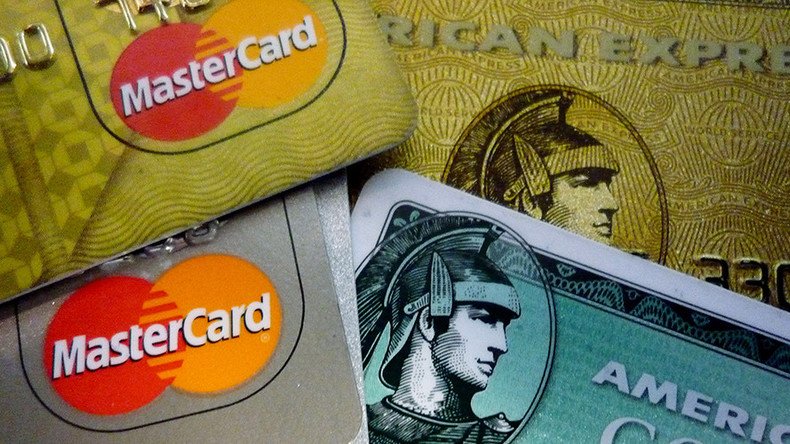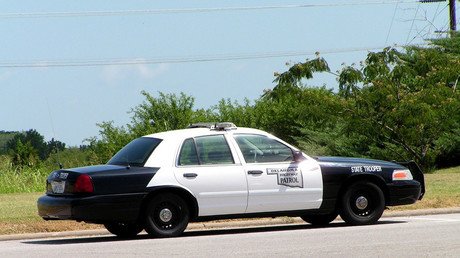Cops swiping credit cards is not unreasonable search – court

Police can scan or swipe a seized credit card without violating the Fourth Amendment, a federal court has ruled. The decision could enable law enforcement across the US to gain access to suspects’ accounts, and even seize funds from them.
Swiping a card does not constitute a physical search, since the magnetic strip contains the same information printed on the front of the card, the 8th Circuit Court of Appeals said, upholding a lower court’s judgment in case of a man arrested for possession of counterfeit credit cards.
In a 15-page opinion issued Wednesday, the court addressed the motion by Eric-Arnaud Benjamin Briere De L'Isle, who argued that the search of his vehicle during a 2014 traffic stop violated his Fourth Amendment protections against unreasonable search and seizure, reported Ars Technica.
It’s not a Fourth Amendment search if a cop swipes your credit card, court finds https://t.co/lbCrzN4kXI by @cfarivar
— Ars Technica (@arstechnica) June 10, 2016
De L’Isle was pulled over in Seward County, Nebraska in June 2014, for “following too closely to a semi-tractor trailer” on Interstate 80, according to court documents. Sergeant Michael Vance, the sheriff’s deputy who pulled him over, searched the car with a drug-sniffing dog after smelling “burnt marijuana.” Though he found no drugs, the search turned up a collection of credit, debit and gift cards that landed De L’Isle in trouble with the law.
A duffel bag in the car’s trunk contained a total of 51 cards, many issued to the name “Briere.” When agents of the Secret Service and the Department of Homeland Security scanned the cards, they found that “the magnetic strips on the back of the 10 American Express credit cards in Briere’s name contained no account holder identification or account information which exists on legitimate American Express cards when they are issued.”
De L'Isle was charged with possession of counterfeit devices and eventually convicted. His appeal tried to throw out the evidence obtained by scanning the cards, citing the Fourth Amendment. Even though it was filed after the deadline, the judges agreed to consider it on merit.
In the end, the court ruled that a cardholder “cannot claim a reasonable expectation of privacy” since he or she would have to surrender the information on the card – which is also included on the magnetic strip – in order to complete a transaction, the judges said, citing the 2009 case of United States v. Medina. For police to scan the magnetic strip was “not a physical intrusion into a protected area prohibited by the Fourth Amendment,” the judges said.
One of the judges, however, cautioned that the search’s legality cannot be conditioned on what it found. With technology developing so that cardholders might be able to encode their own information on chip cards, the question of law enforcement accessing the data legally will need to be addressed, Judge Jane Kelly argued in her dissent.
Civil asset forfeiture goes digital: Police tool swipes money from cards before convictionhttps://t.co/6fkZ38Iipxpic.twitter.com/Tuw9TAHmXw
— RT America (@RT_America) June 9, 2016
Wednesday’s ruling is even more important because police departments around the US may seek to follow the example of Oklahoma, where cops are using Electronic Recovery and Access to Data (ERAD) devices to seize money from cards and accounts under the controversial doctrine of asset forfeiture.














